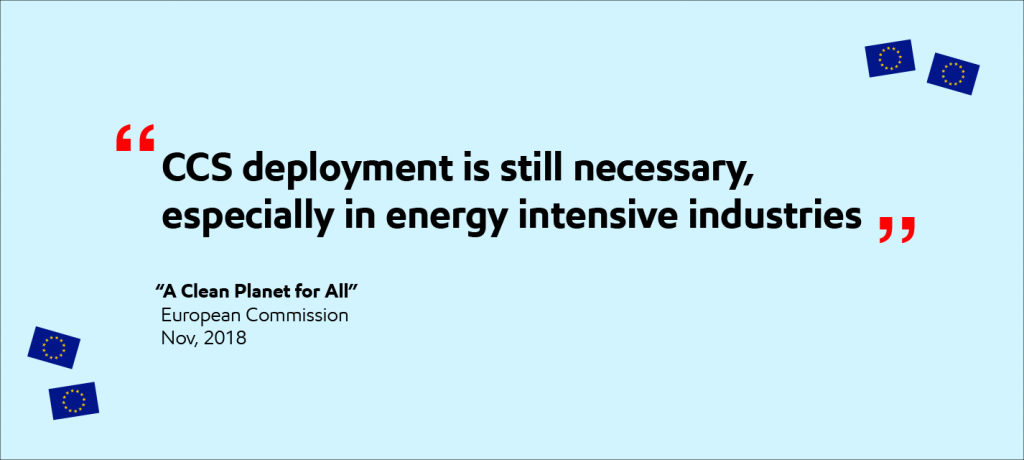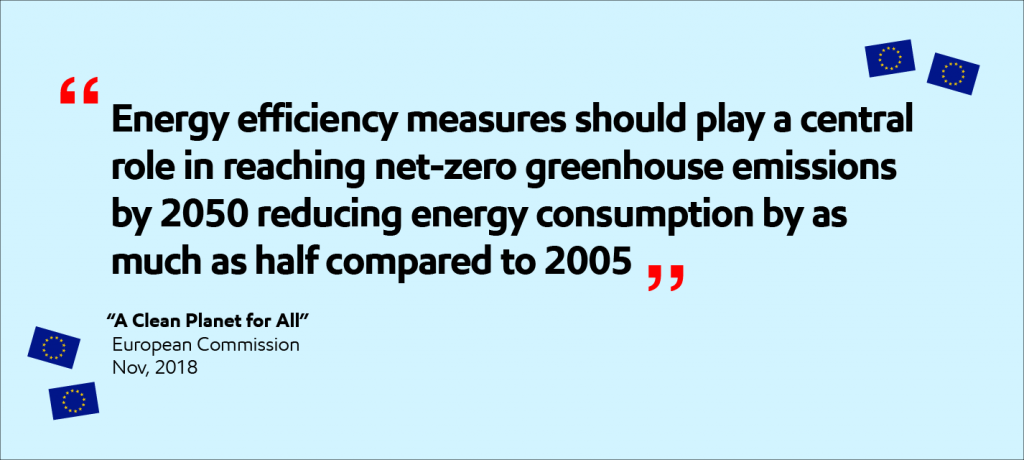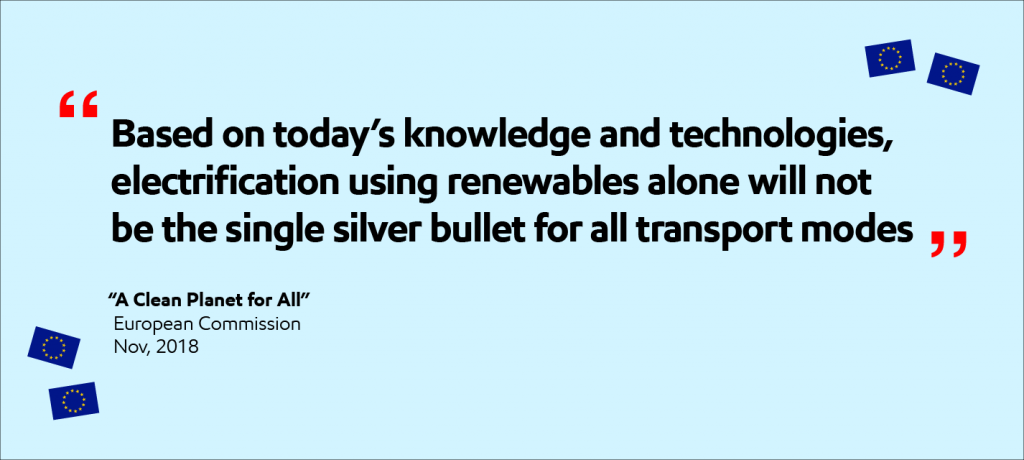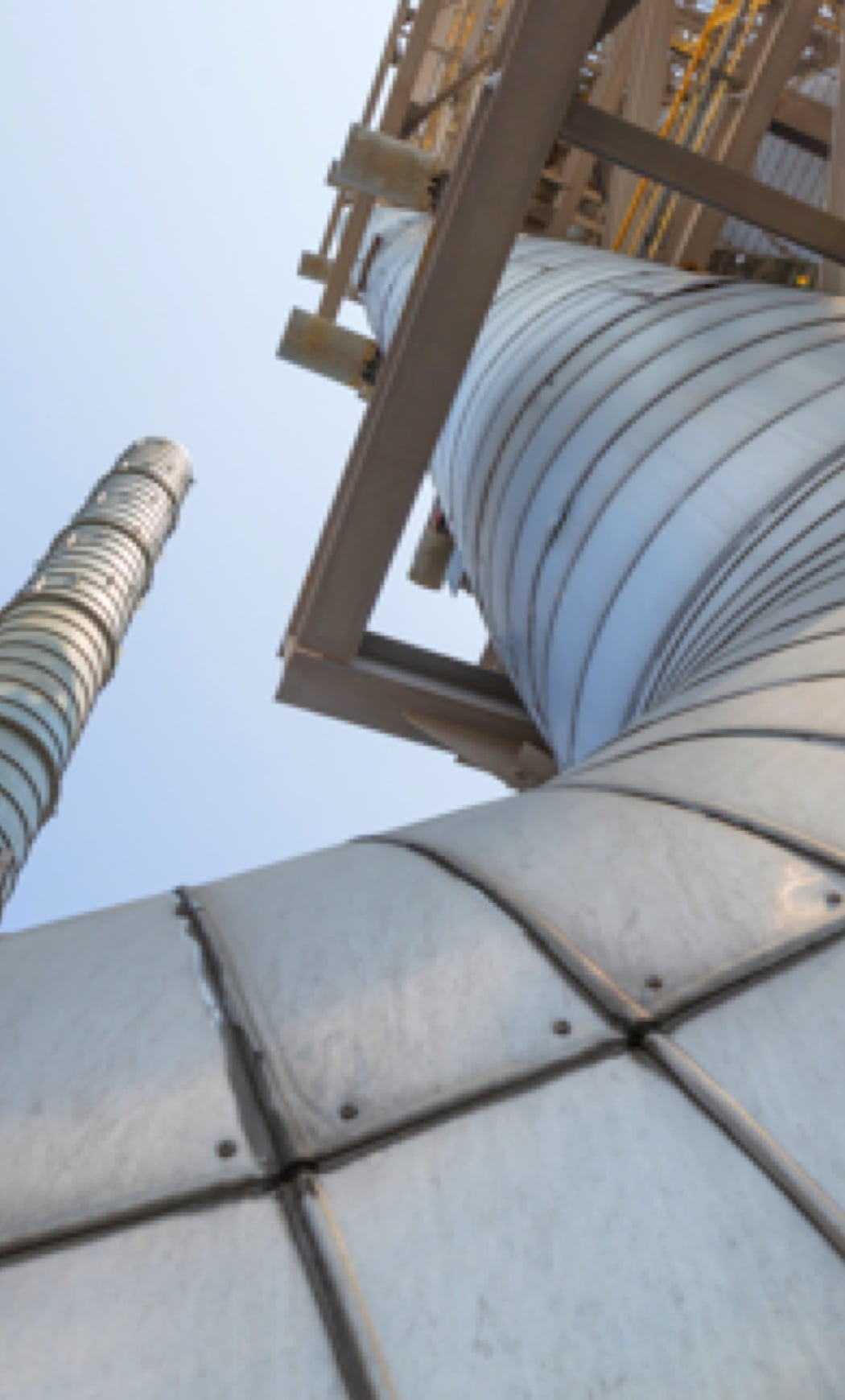Developing the European energy system to reduce carbon emissions is an important topic across the continent – and nowhere more so than in the European Union’s (EU) policy-making hub of Brussels, Belgium.
In November 2018, the European Commission published ‘A Clean Planet for All’, a strategic document that encompasses the EU’s climate ambitions towards 2050. The policy document sets out a roadmap to create “a prosperous, modern, competitive and climate neutral economy” in Europe.
ExxonMobil is collaborating with a range of partners on the journey towards 2050 – researching, adapting and innovating to find solutions. Here are some examples of the work we are doing:

Carbon capture and storage (CCS): ExxonMobil has a working interest in more than one-fifth of the world’s carbon capture capacity – and we’re actively looking to expand that.
We’ve already partnered with FuelCell Energy Inc. to develop CO2 capture technologies using carbonate fuel cells; with Global Thermostat to develop a system which vacuums CO2 right out of the air; and with other partners to create the pioneering Sleipner CCS facility in Norway, which has captured and stored 20 million tonnes of CO2 since 1996.

Energy efficiency: Co-generation – or combined heat and power – technology makes use of the heat created during electricity generation, to carry out industrial processes. This saves the energy that was previously required to make that heat.
Co-generation technology has been a significant factor in improving the energy efficiency of ExxonMobil facilities around the world. At our refinery in Antwerp, Belgium, the reduction in CO2 emissions resulting from installing a co-generation plant is the equivalent of taking 90,000 cars off the road. Meanwhile our Rotterdam refinery is already one of the most energy efficient in Europe and new investment planned at Fawley will make it the most efficient refinery in the UK.

Transport: Biofuels have the potential to be a major player in a low-carbon future for transport.
Since 2009, ExxonMobil has been working with Synthetic Genomics Inc to develop algae that can be turned into renewable, lower-emission biofuel – an alternative to traditional transportation fuels. In February 2019, we announced a new biofuel partnership with Clariant and Renewable Energy Group Inc*. We’re now working together to develop a scalable production process, using Clariant’s ‘Sunliquid™’ to create biofuel from farming waste – like leftover stalks from the corn harvest.
Transforming Europe’s energy system by 2050 is a huge challenge, but research and investments by ExxonMobil are helping to create solutions. And by working in partnership, we believe we can continue addressing the dual challenge of meeting the world’s growing demand for energy while reducing environmental impacts.
*(The REG Life Sciences division has since been acquired by Genomatica. ExxonMobil’s research partnership continues with the new owner.)


